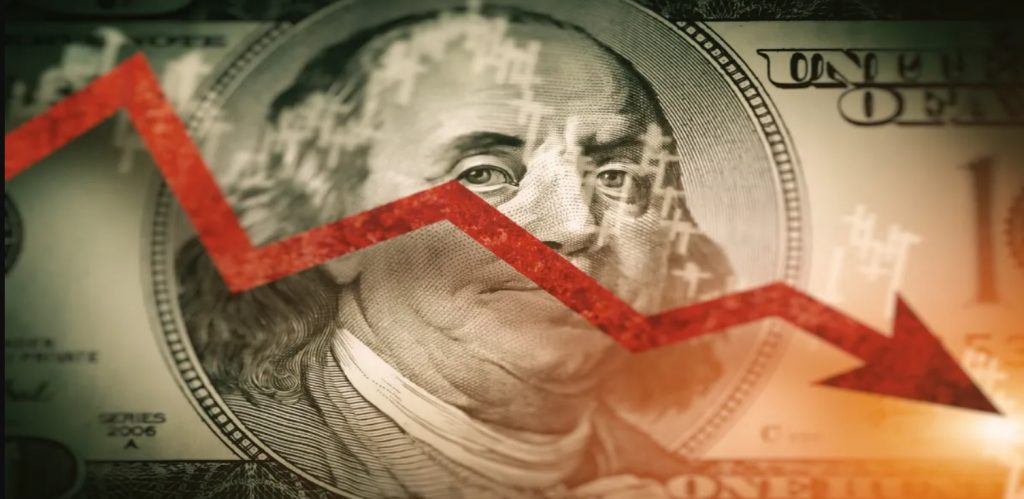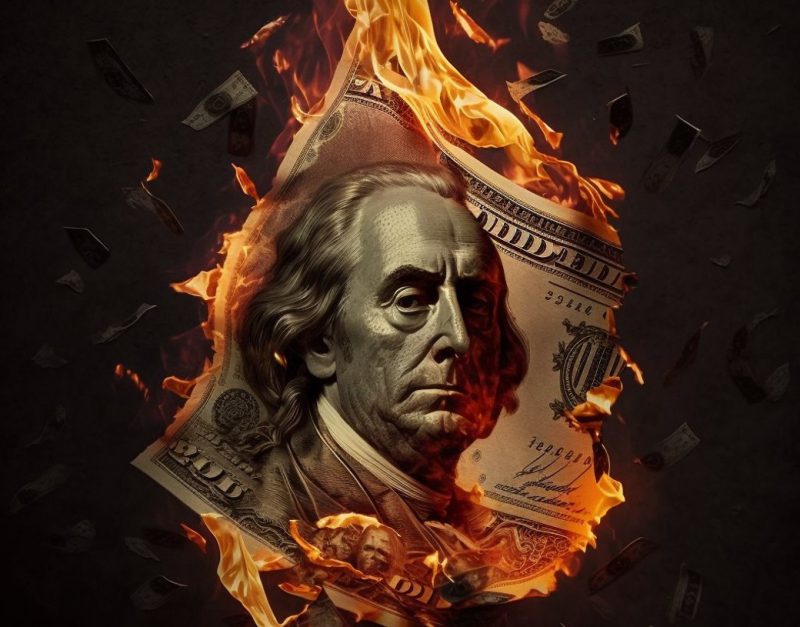Countries around the world may reduce dependency on the U.S. dollar and create a bipolar global currency system, says Nouriel Roubini. The Stern School of Business professor at New York University said that world leaders are exploring alternative reserves to eliminate the dollar’s dominance. In a series of interviews, Roubini stressed that China, Russia, and Brazil, might create a substitute monetary system that might not make use of the USD for international trade settlements.
Also Read: China’s National Debt Grows 3x Faster Than the U.S. In 12 Months
Roubini mentioned that the process might not happen overnight but Americans could eventually feel the dollar’s strength fading. He called the recent banking crisis, a prominent catalyst for the fall of the USD. The trust in the dollar is waning due to the banking failures making other countries ditch the reserve currency.
The strained ties between the United States and China led to the idea of creating a new currency, he said. “It’s clear that the strategic rivals of the United States- China, Russia, Iran, Pakistan, and their friends and allies. Want to build an alternative economic monetary and global reserve currency system. Because they’re concerned about the sanctions that the US, Europe, and others can impose”.
Also Read: BRICS Moving To Kill the U.S. Dollar & Western Dominance? Not So Fast!
Recession Could Be the End of the U.S. Dollar Dominance


Roubini added that the banking crisis is far from over, predicting that more skeletons could tumble out of the closet. “They (banks) lend to SMEs, they lend to households, they lend to commercial and residential real estate. The credit crunch is going to take the U.S. economy into a recession later this year”.
When other nations distance themselves from the dollar, the effects of a financial downturn might not hit them hard. Therefore, this could give them an added advantage to rise monetarily when America’s economy suffers.
Also Read: Will the U.S. dollar Collapse Now That BRICS Are Developing Their Own Currency?
“China has $1 trillion of reserves. Therefore, they’re going to move in the direction of proposing the RMB as an alternative to the U.S. dollar. Gradually, we’re going to go from a unipolar to a bipolar global reserve currency system,” Roubini summed it up.





